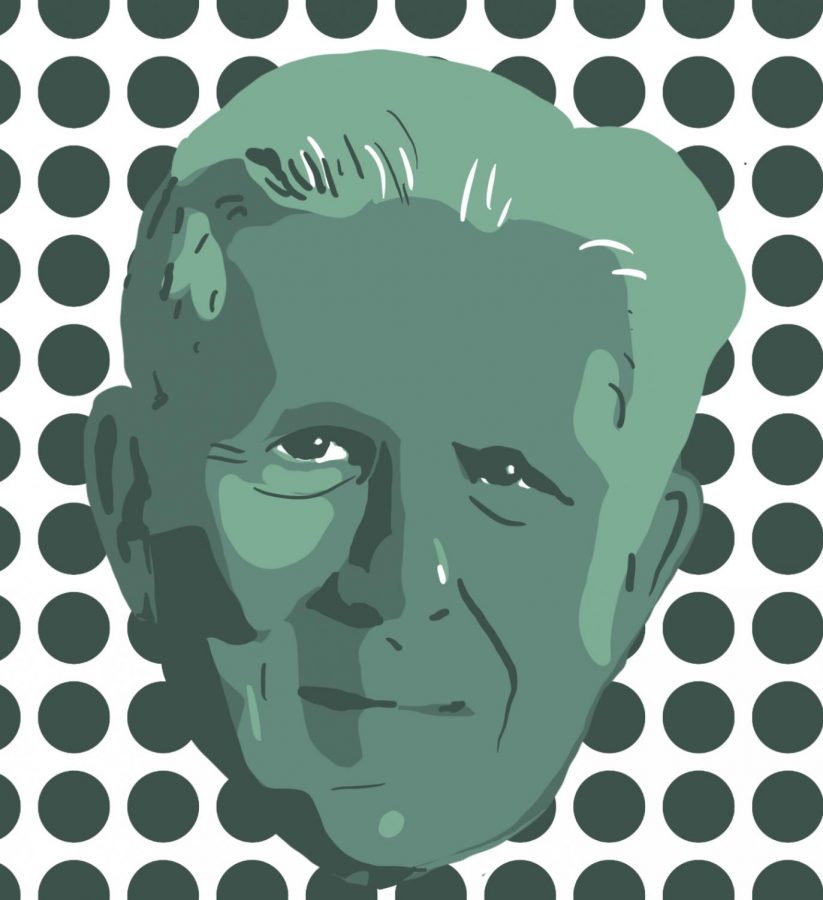Psychiatrist Aaron Beck’s Legacy Lives On
January 3, 2022
On November 1st, Aaron Beck died in his sleep at 100-years-old at his home in Philadelphia. He was an esteemed psychiatrist in the field of cognitive behavior. Throughout his life, he contributed many novel ideas to psychology, most notable was his influential work on Cognitive Behavioral Therapy (CBT). Known as the “father of cognitive behavioral psychology,” his work has helped countless individuals and will continue to do so for many years to come.
CBT is a form of non-pharmacological treatment that aims to change abnormal thinking and behavioral patterns, as well as any attitudes that may be provoking distress or dysfunction in one’s life. By correcting these erroneous patterns, CBT reverses distortions in thoughts and allows the patient to view situations in less harmful ways. CBT is used to treat anxiety, mood, substance use, disordered eating, post-traumatic stress, and other disorders to re-route misconceptions about the body, recognize negative thoughts, learn new coping mechanisms, and more. Research from psychiatrist Erik Hedman’s book Guided Internet-Based Treatments in Psychiatry shows that CBT has a success rate of 50-75%, deeming it one of the most successful forms of therapy.
Beck also made major contributions to the treatment of depression with his cognitive theory of depression, as well as the development of the Beck Depression Inventory, a self-report assessment tool to measure the severity of the illness. His theory of depression stated that negative childhood experiences often lead to the formation of dysfunctional beliefs and cognitive distortions––which can be adjusted through CBT—and would ultimately result in the cycle of negative automatic thoughts and symptoms of depression.
In 1994, Beck co-founded the Beck Institute with his daughter Judith Beck, a non-profit organization “with the mission of improving lives worldwide through excellence and innovation in Cognitive Behavior Therapy training, practice, and research,” according to its website. The organization’s most recent work is the launch of an e-learning program that teaches the benefits of CBT. Its interactive live workshops and on-demand courses are centered around the use of CBT for specific disorders and allow certified therapists to gain training to help their own clients.
Beck has also published over 600 research articles and authored or co-authored 25 books. He was granted many prestigious awards, including the Lasker-DeBakey Clinical Medical Research Award, which is annually given to those who contribute exceptional advancements that improve lives. Beck was specifically awarded for his development of cognitive therapy. According to the Lasker Foundation, “By discovering a previously unrecognized aspect of many mental illnesses and inventing a therapy based on his observations, Beck has made a huge impact on untold numbers of people, relieving immeasurable amounts of suffering.”
Over the years, Beck has revolutionized the field of cognitive psychology, and his influence will remain long after his passing. His legacy will thrive through his psychological contributions, particularly CBT, and generations of students and patients will recognize him as the icon of behavioral therapy.
This piece also appears in our December 2021 print edition.










